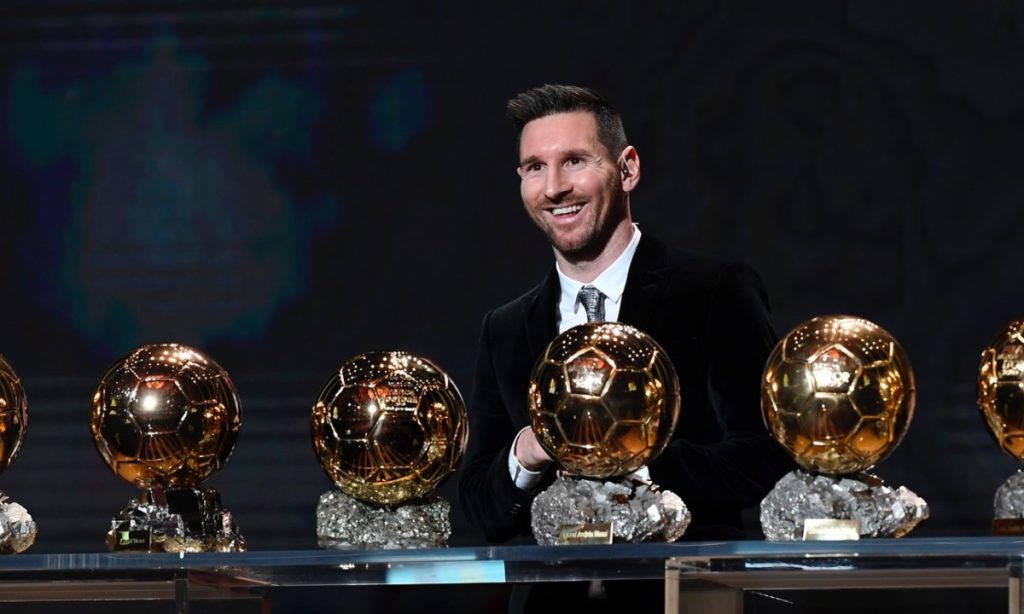The Ballon d’Or, often regarded as the pinnacle of individual achievement in football, has been a symbol of excellence since its inception in 1956 by French magazine France Football. Annually, it recognizes the best player in the world, based on their performances over a specific season. But how exactly is the winner of this prestigious award selected? Let’s dive into the detailed process.
The Nomination Phase
The journey to the Ballon d’Or begins with a nomination process that spans across the globe. Initially, a list of candidates is proposed by France Football’s editorial staff, in collaboration with a select group of football experts. This list is not confined by nationality or league but includes players from all corners of the football world who have shown exceptional skill, impact, and consistency throughout the year.
The criteria for selection include individual and collective performances, the player’s class (sportsmanship and fair play), their overall attitude on and off the pitch, and the impact they’ve had on their team’s successes. With the evolution of women’s football, the Ballon d’Or Féminin was introduced in 2018, using similar criteria but focusing on the women’s game.

The Voting Process
Once the nominees are set, the voting begins, which is where the complexity of the Ballon d’Or selection process truly unfolds. Here’s how it works:
Journalists’ Vote
A panel of journalists from around the world, representing FIFA‘s member associations, partake in the voting. Each journalist votes for their top five players, awarding points in a descending order: 6 points for first place, 4 for second, 3 for third, 2 for fourth, and 1 for fifth. This system ensures that a player’s merit is measured not just by how many votes they receive but by the quality of those votes, considering the placement in each journalist’s list.
Geographic Representation
To maintain a balanced perspective, each country has one vote. This means the selection process isn’t dominated by larger football nations but gives a voice to the global football community. However, there’s an inherent bias as journalists might be more inclined to vote for players from their own country or league, which has sometimes stirred controversy.
Transparency and Criticism
While the system aims for transparency, the actual votes have historically been kept confidential, leading to debates about the process’s fairness. Over time, France Football has introduced more transparency by revealing the voters and sometimes the points distribution, but the exact votes remain private to protect the integrity of the process.
The Role of Performance
Performance metrics play a significant role, but it’s not just about goals or trophies. A player’s influence on their team, their consistency across various competitions (like the Champions League, national league, and international matches), and their ability to perform under pressure are all factored in. Here, individual brilliance often meets collective success, where players from winning teams might have an edge but are not guaranteed the award if another player has had an outstanding individual season.
The Announcement and Ceremony
After all votes are collected and tallied, the winner is announced at a gala event, which has become one of the highlights of the football calendar. This event not only reveals the Ballon d’Or winner but also celebrates the Kopa Trophy for the best young player under 21, and since its inception, the Yashin Trophy for the best goalkeeper.
The ceremony is a spectacle of football culture, with past winners, legends of the game, and current stars in attendance, making it a night where football’s past, present, and future converge.
Evolving with Football
The Ballon d’Or has evolved significantly. Initially, only European players were eligible, but from 1995, players from any nationality could win if they played for a European club. Since 2007, with the merger of FIFA’s award with the Ballon d’Or (until 2016, when they split again), it became truly global, considering players from all leagues worldwide.
Controversies and Debates
The selection process hasn’t been without its controversies. Debates often arise over who should win, especially in seasons where multiple players have had phenomenal performances. There’s also discussion about the criteria’s weighting, whether it favors attackers over defenders or midfielders, and how team success influences individual awards.
The Ballon d’Or selection is a meticulous blend of individual brilliance, team success, and a global consensus among football journalists. It’s a process that tries to encapsulate the essence of football – a game of moments, achievements, and collective spirit – into recognizing one player’s outstanding contribution over a year. While not perfect, it remains the most prestigious individual accolade in football, continuously adapting to reflect the sport’s global nature and the ever-evolving standards of excellence on the pitch.

